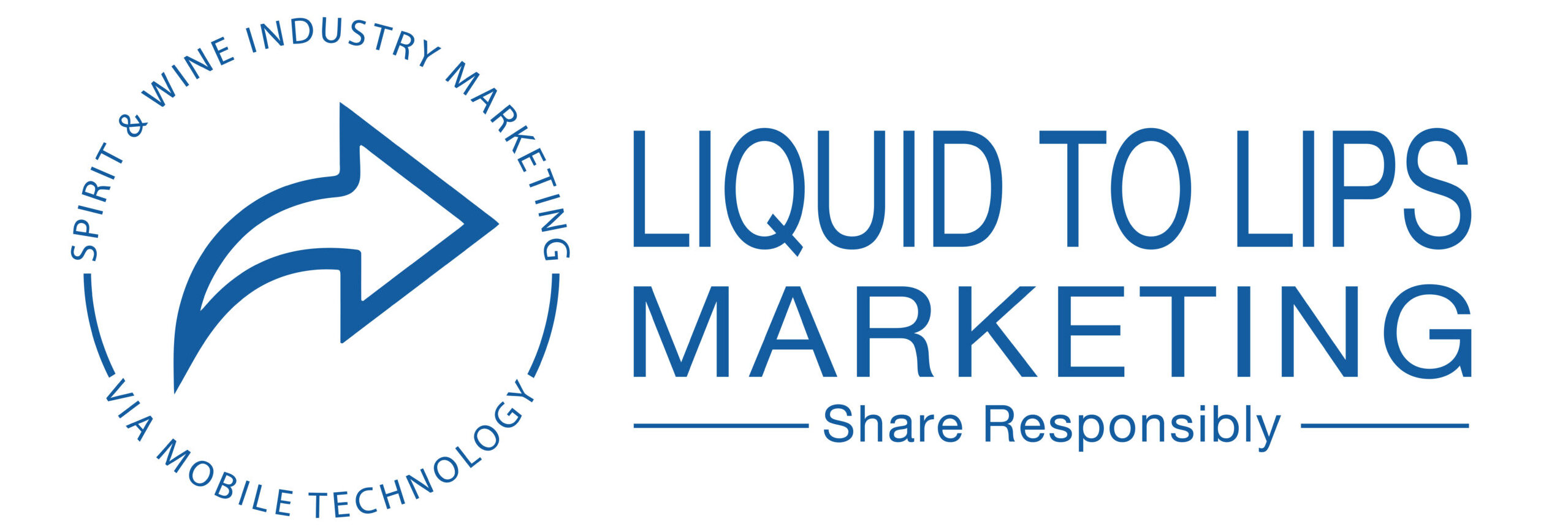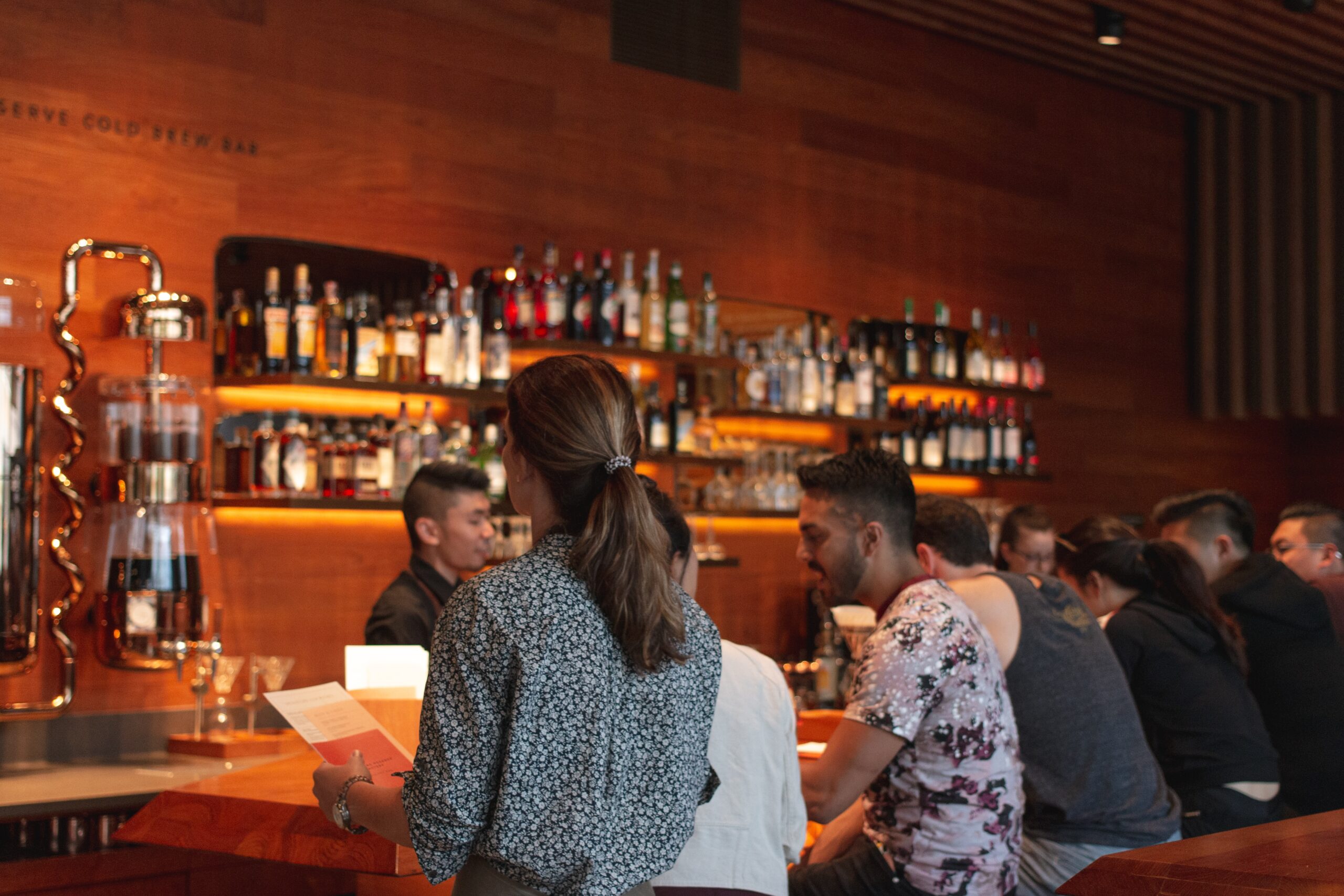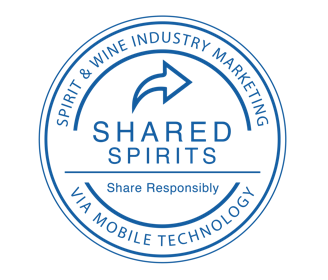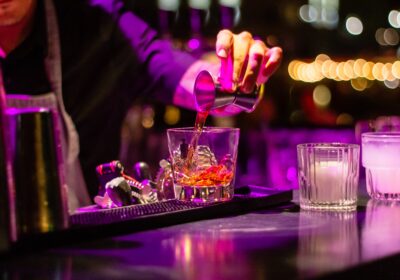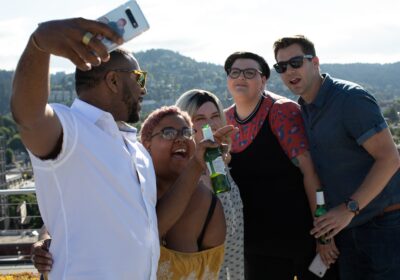Designing and executing successful cocktail-themed events and promotions requires a combination of creativity, attention to detail, and effective marketing. A Guide to Creating In-House Cocktail Promotions and Events.
Define Your Goals
– Clearly outline the objectives of your event. Are you aiming to boost sales, attract new customers, or promote a new cocktail menu?
Understand Your Audience
– Know your target audience and tailor your event to their preferences. Consider factors like age, interests, and demographics. The more you know about your audience, their drink choices, and so on, the more likely you’ll find alcohol suppliers willing to financially support your events.

Choose a Theme
– Select a captivating theme that aligns with your brand or the type of cocktails you want to feature. Themes could be seasonal, cultural, or tied to a specific concept. Consumers love themes!
Create an Inviting Atmosphere
– Pay attention to the venue’s decor, lighting, and music. The ambiance should match the theme and encourage socializing.
Craft a Unique Cocktail Menu
– Develop a special menu with creative and unique cocktails. Consider incorporating local ingredients or collaborating with a mixologist for exclusive recipes. If you struggle with this, hire a consultant or do a menu search on Google. You’ll find inspiration.
Promote in Advance
– Use various marketing channels to generate buzz before the event. Leverage social media, email newsletters, and your website to share details, promotions, and exclusive offers. I’d add Eventbrite and other platforms as well.
Collaborate with Influencers
– Partner with local influencers or bloggers who have an audience interested in cocktails. They can help promote your event and create anticipation.
Offer Special Promotions
– Consider happy hour discounts, limited-time promotions, or bundled deals to encourage attendance and boost sales.
Entertainment and Activities
– Enhance the experience with live music, DJ sets, or interactive activities like cocktail-making classes or competitions.
Photography and Social Media
– Create Instagrammable moments within the event. Encourage attendees to share their experiences on social media with a branded hashtag. You’d be surprised as to how easily you can grow owned social media if you have help from your audience.
Staff Training
– Ensure your staff is well-trained and knowledgeable about the cocktails being served. Friendly and informed staff contribute to a positive customer experience.
Feedback Mechanism
– Collect feedback during and after the event to understand what worked well and what can be improved for future events. Install a kiosk for instant Google reviews. They are inexpensive and when you have hundreds if not thousands of Google reviews, you’ll be at the top of search in your area.
Sustainability Considerations
– If feasible, incorporate sustainable practices, such as reusable drinkware and eco-friendly decor, to align with current environmental trends.
Collaborate with Local Businesses
– Partner with nearby businesses for cross-promotion. This could include collaborating with local food vendors, musicians, or artists. Identify leaders and organizers of Meetup.com.
Follow Up
– After the event, express gratitude to attendees and ask for feedback. Use this feedback to improve future events and to nurture ongoing relationships with customers. Obviously, you must have their contact info to do so. Distribute cards for email address aggregation and offer something of value for the opt-in. It will be worth it.
Legal Considerations
– Ensure that you comply with all relevant legal regulations regarding the sale and promotion of alcoholic beverages.
Evaluate ROI
– Assess the success of your event by analyzing key performance indicators (KPIs) such as increased sales, social media engagement, and customer feedback. Toast research shows the average happy hour check is $68 dollars. Why wouldn’t you promote events and happy hours.
By combining these elements, you can create an engaging and memorable cocktail-themed event that not only attracts customers but also enhances your brand’s image.
Implementing happy hour specials, tasting nights, and mixology classes can be a great way to attract customers, boost sales, and create a vibrant and engaging atmosphere at your bar or restaurant. A Guide to Creating In-House Cocktail Promotions and Events
Schedule a chat with us to learn more about how to promote your beverage program.
Happy Hour Specials
Timing and Duration
– Choose the timing of your happy hour carefully to maximize attendance. Typically, late afternoon or early evening works well.
– Consider offering happy hour on weekdays to attract the after-work crowd.
– Determine the duration of the happy hour. It’s commonly 2-3 hours.
Discounted Menu
– Create a special happy hour menu with discounted prices on select cocktails, beers, wines, and appetizers.
– Ensure the discounted items are still profitable after the discount. As mentioned above, discounts during happy hour don’t lead to losses, they lead to growth.
Promotion
– Promote your happy hour through various channels, including social media, your website, email newsletters, and in-venue signage.
– Use eye-catching visuals and enticing descriptions of the discounted items.
– Consider running occasional themed happy hours (e.g., “Margarita Mondays” or “Wine Down Wednesdays”).
Atmosphere
– Adjust the ambiance during happy hour with appropriate music and lighting to create a lively atmosphere.
– Train staff to provide excellent service during this busy time.
Legal Compliance
– Be aware of and comply with local and state laws regarding happy hour pricing, duration, and advertising.
Tasting Nights
Selecting Themes
– Plan themed tasting nights based on the preferences of your target audience. Themes can include wine, whiskey, craft beer, or specific cuisine pairings.
– Consider hosting themed events tied to seasons or holidays (e.g., a summer wine tasting or a Valentine’s Day chocolate and wine pairing).
Tasting Menu
– Create a tasting menu that includes a variety of samples, each with a unique flavor profile.
– Offer a range of options, including vegetarian and non-alcoholic choices, to accommodate different preferences.
Pricing and Tickets
– Determine the pricing for the tasting event. Include the cost of the tastings, paired foods, and any additional entertainment or educational elements.
– Sell tickets in advance to help with planning and to guarantee a certain number of attendees.
Educational Component
– Incorporate an educational element into the tasting event. Consider inviting experts or representatives from the featured beverages to provide insights and answer questions. Bring in your alcohol suppliers for these evenings. They will help pay and promote.
Promotion
– Promote your tasting nights well in advance through your marketing channels.
– Highlight what makes each tasting event unique, such as the featured beverages, special guests, or entertainment.
Decor and Atmosphere
– Decorate the venue to match the theme of the tasting night.
– Consider live music or entertainment that complements the theme.
Schedule a chat with us to learn more about how to promote your beverage program.
Mixology Classes
Instructor
– Hire a skilled and charismatic mixologist to lead the classes. Their expertise and personality can greatly enhance the experience.
Class Format
– Decide on the format of the classes, whether they are one-time workshops, a series of classes, or private group sessions.
– Offer a variety of skill levels, from beginner to advanced, to cater to a broader audience.
Ingredients and Equipment
– Ensure you have all the necessary ingredients and equipment for the cocktails being taught.
– Provide each participant with their own tools and ingredients.
Promotion
– Promote mixology classes through your marketing channels, emphasizing the opportunity to learn from a professional.
– Offer package deals for groups or couples to encourage bookings.
Hands-On Experience
– Allow participants to get hands-on experience in making cocktails. Interactive learning can be more engaging.
Takeaways
– Provide printed recipes or digital resources so participants can recreate the cocktails at home.
Feedback and Improvement
– Collect feedback from participants after each class to make improvements and tailor future classes to their preferences.
By implementing these strategies, you can effectively execute happy hour specials, tasting nights, and mixology classes that not only drive revenue but also enhance the overall customer experience at your establishment.
Schedule a chat with us to learn more about how to promote your beverage program.
Leveraging loyalty programs and customer feedback can significantly enhance the cocktail lover experience at your establishment. Here’s how to do it effectively:
Design a Rewarding Program
– Create a loyalty program tailored to cocktail lovers. Consider offering rewards like:
– Discounts on cocktails or special promotions during certain hours.
– Exclusive access to cocktail tastings or events.
– A points system where customers earn points for each cocktail purchase, leading to free drinks or other perks.
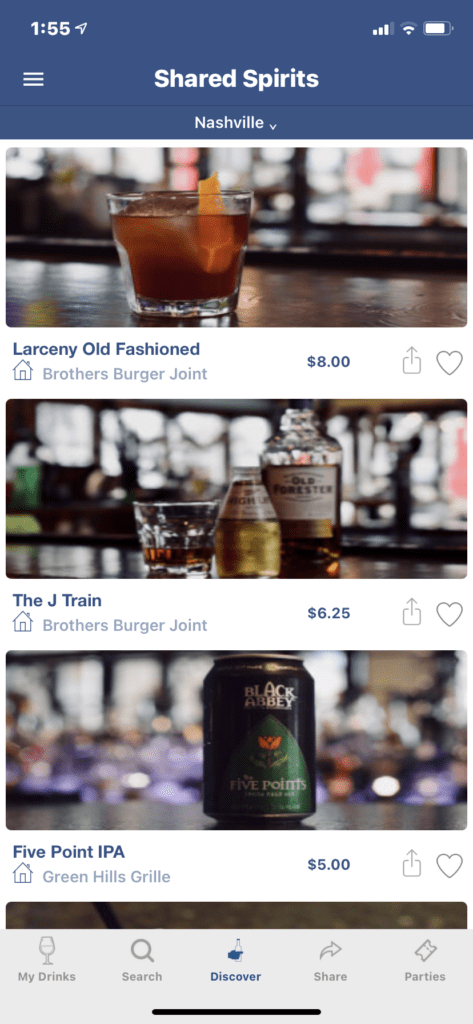
User-Friendly App or Card
– Develop an easy-to-use mobile app or a physical loyalty card for customers to track their rewards and points. Investigate the Shared Spirits platform. It will automate more of these possibilities for you than you may imagine.
Personalization
– Use customer data to personalize rewards. For example, offer a free cocktail on a customer’s birthday or a special discount on their favorite cocktails.
Promote the Program
– Promote your loyalty program through in-venue signage, social media, and your website.
– Train your staff to inform customers about the program and encourage sign-ups.
Feedback Loop
– Use the loyalty program as a feedback channel by allowing customers to provide input and suggestions directly through the app or card.
Customer Feedback
Solicit Feedback
– Actively encourage customers to provide feedback through various channels such as comment cards, surveys, or digital platforms.
– Consider using QR codes on menus to direct customers to online feedback forms.
Prompt Response
– Respond promptly to all feedback, whether positive or negative, to show that you value customer input.
– Address any issues or concerns raised in a constructive and customer-centric manner.
Analyze Feedback
– Analyze feedback to identify trends and areas for improvement. Look for common themes in customer comments.
– Pay attention to feedback related to cocktails, service, ambiance, and overall experience.
Continuous Improvement
– Use customer feedback to make continuous improvements to your cocktail offerings, service quality, and the overall experience.
– Implement changes based on actionable feedback received.
Recognition and Rewards
– Recognize and reward customers who provide valuable feedback that leads to improvements. This can incentivize more feedback from your loyal customers.
Feedback-Driven Events
– Consider hosting feedback-driven events where customers can taste and provide input on potential new cocktails or menu items.
Staff Training
– Train your staff to actively seek feedback and create a culture of customer-centric service.
Schedule a chat with us to learn more about how to promote your beverage program.
Integration of Loyalty and Feedback
Combine Data
– Combine data from your loyalty program with customer feedback to gain a more comprehensive understanding of your cocktail-loving customers’ preferences and behaviors.
Targeted Marketing
– Use the insights gathered from loyalty and feedback data to send targeted marketing communications. For example, you can offer personalized cocktail recommendations or event invitations based on customer preferences.
Exclusive Events
– Host exclusive events or tastings for loyal customers, where their feedback can directly influence future cocktail menu additions or improvements.
Recognition and Rewards
– Recognize and reward customers who consistently provide valuable feedback by offering them special perks or recognition within your establishment.
By integrating loyalty programs and customer feedback, you can create a feedback-driven loop that not only enhances the cocktail lover experience but also fosters customer loyalty and long-term relationships. This approach allows you to continuously improve your offerings and tailor your services to meet the specific preferences of your customers.
